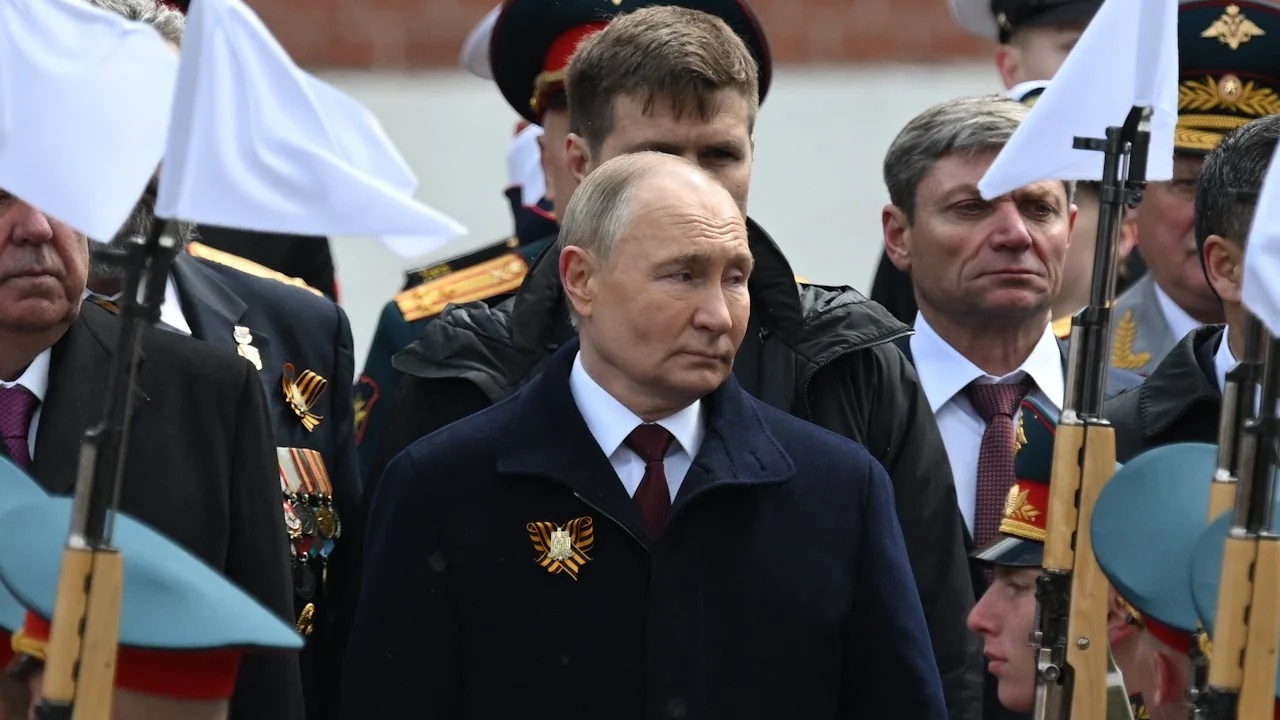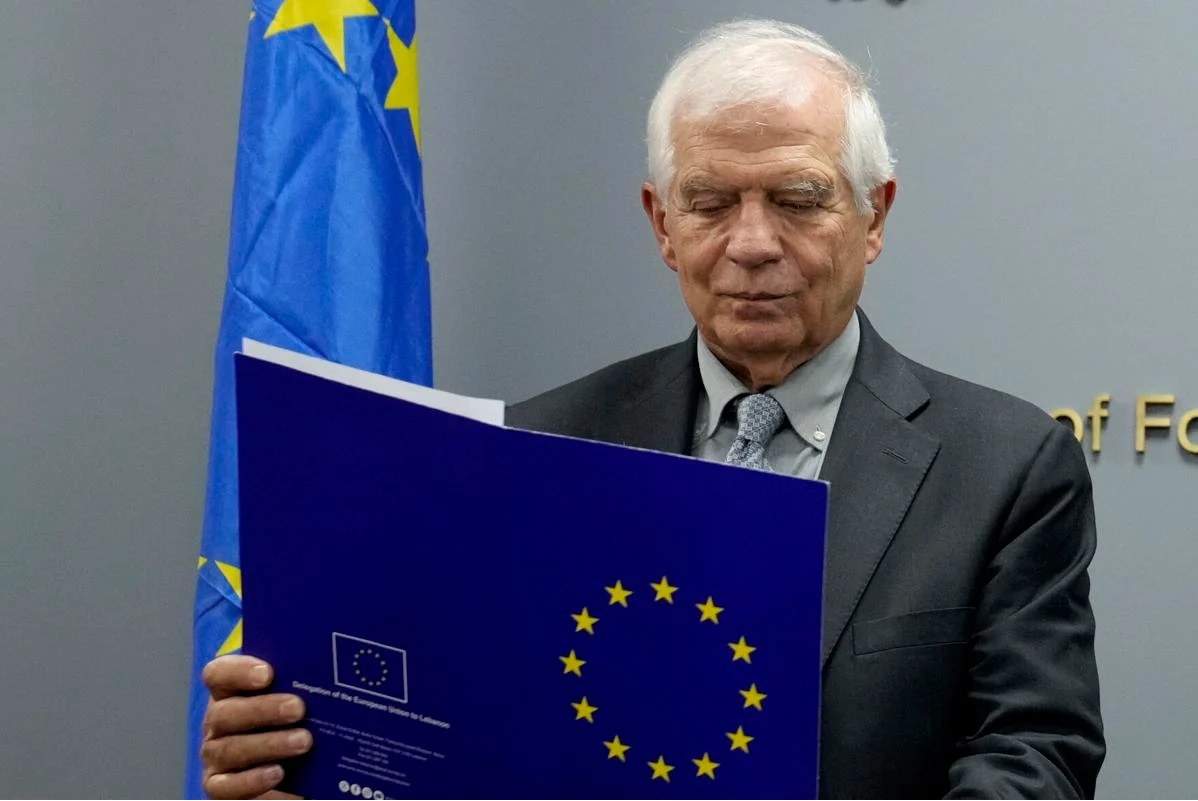European Centre for Counterterrorism and Intelligence Studies, Germany & Netherlands – ECCI
Kubilius suggests controversial funding options for EU defence boost
euractiv – Defence Commissioner-designate Andrius Kubilius has proposed controversial funding methods, including Eurobonds and recovery funds, to boost the EU’s defence industry amid growing debate over financing the sector.Andrius Kubilius said it was essential to use alternate ways to fund the ramp-up of the defence industry to complement the EU budget when talking to reporters on Tuesday (17 September).
In his first public speaking to the media after being appointed as Defence Commissioner-designate, Kubilius included the controversial idea of joint borrowing via Eurobonds, changes to the European Investment Bank’s (EIB) lending policy, the European Stability Mechanism, and unspent post-pandemic recovery funds as potential avenues to ramp up the EU’s defence industry.
“Theoretical possibilities, which we should consider, of course, are defence bonds, [and] use the European Stability Mechanism to access cheaper borrowing by member states,” Kubilius said. Enrico Letta initially raised the idea of defence bonds in a report on improving the EU single market.
Kubilius, designated to steer the EU defence policy for the next five years, also suggested tapping into the €94 billion in “unspent resources of the Recovery and Resilience Facility (RFF),” despite the need for legal amendments to access the EU post-pandemic recovery fund passed the deadline.
On top of it, “there are discussions with the EIB about how to modify its mandate”, he said. So far, the EIB shifted its lending policy on dual-use projects – those with both civilian and military applications – to fund more defence industries in May.
The European Commission and its leader, Ursula von der Leyen, have been seeking options to increase the cash flow into the defence industries over the past few months, albeit with limited success.At the same time, defence companies remain wary of committing to large-scale ramping up arms production and other defence products without a clear financial boost from the EU or national governments.
Diverging views among governments around Europe also complicates the issue. Frugal member states, Germany and the Netherlands in the lead, have protested against another joint borrowing at the EU level. France’s push to remove defence investments from the EIB’s exclusion list is also meeting resistance.
The other options listed by Kubilius have yet to be presented to the EU countries, and the exact amount needed to fund the defence push remains uncertain.Von der Leyen has estimated the Europeans must invest €500 billion in the next decade – a figure that Kubilius said to “absolutely agree with”.
“We cannot wait till the next [seven-year EU budget] will be operational, which will happen only in 2028,” the Lithuanian said, suggesting the Europeans must find alternative ways to fund the defence industry ramp-up than national contributions to the EU budget.



